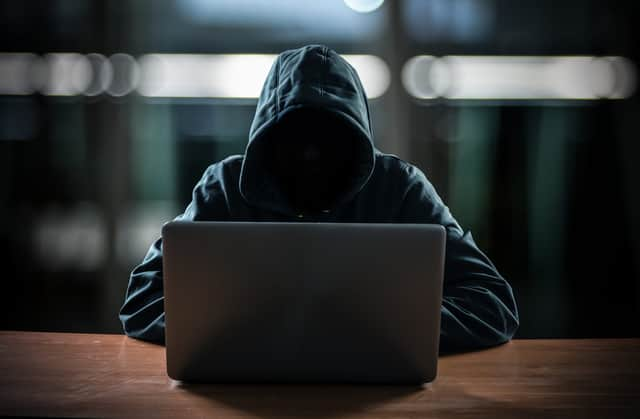5 coronavirus scams and how to avoid them


Cyber crime experts claim that scams linked to coronavirus are the worst they have seen in years. Phishing scams in several languages, including English, Japanese, and Italian, have all been circulating online.
According to the BBC, "cyber-criminals are targeting individuals as well as industries, including aerospace, transport, manufacturing, hospitality, healthcare and insurance."
Advertisement
Hide AdAdvertisement
Hide AdBelow are five examples of Covid-19 based scams that have been detected by cyber crime security firms.
Covid-19 tax return scam
Researchers from Mimecast, a cyber security firm, caught this scam a few weeks ago. A convincing, yet grammatically incorrect, email sent to victims claims that "as a precaution measure against COVID-19 in cooperation with National Insurance and National Health Services the government established new tax refund programme for dealing with the coronavirus outbreak in its action plan".
The message continues to tell the recipient that they are owed money as a tax rebate, and instructs them to click on a link that redirects them to an official-looking page. It then asks for all of their tax and financial information.
Tax scams are common in emails, but HMRC will never contact you this way regarding a potential tax refund. HMRC will never ask you for private details in an email format.
Advertisement
Hide AdAdvertisement
Hide Ad'The virus is now airborne'
An email designed to look like it is from the Centres for Disease Control and Prevention (CDC) claims that Covid-19 is now airborne. This is the more devious type of phishing scam, as it uses legitimate email addresses from the CDC, but these have been sent via a spoofing tool.
The link in this email directs recipients to a fake Microsoft log in page. If they add their details, they are diverted to the CDC's official advice page - adding to the feeling of authenticity.
By this point, hackers already have control over your email and Microsoft password.
This scam was found by cyber security company, Cofense. In this case, a combination of public panic and a believable forgery become an online trap.
Advertisement
Hide AdAdvertisement
Hide Ad